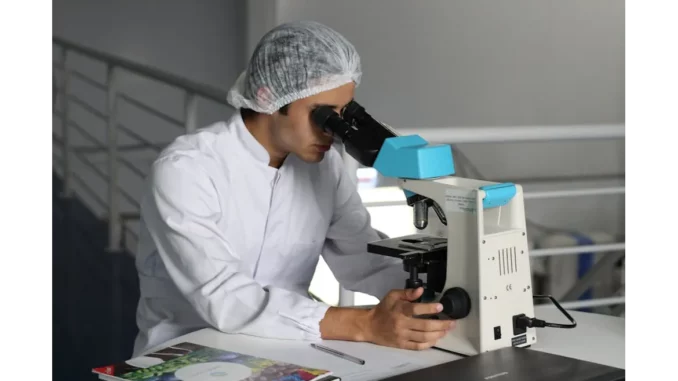
In the critical environment of intensive care units (ICUs), where timely interventions are paramount, the introduction of artificial intelligence (AI) for same-day assessments of antimicrobial resistance represents a significant advancement. This technological innovation not only holds the potential to revolutionise patient care but also addresses the growing global issue of antimicrobial resistance—a phenomenon where microorganisms develop immunities against treatments, rendering conventional antibiotics ineffective. The impact of this advancement is particularly significant in the context of preventing life-threatening conditions such as sepsis.
Antimicrobial resistance presents a formidable challenge within the healthcare sector, contributing to approximately 1.2 million deaths worldwide each year and costing the NHS at least £180 million annually. Bloodstream infections that develop resistance to antibiotics can rapidly progress to sepsis, a condition characterised by a high risk of organ failure, shock, and death. The urgency of addressing antimicrobial resistance is critical, as it threatens to undermine decades of medical progress.
The variability in antimicrobial resistance among patients is influenced by numerous factors, including prior antibiotic exposure, genetic predispositions, and dietary habits that may alter the microbiome. This complexity demands a more nuanced approach to diagnosis and treatment, which traditional methods struggle to deliver promptly. Current diagnostic practices in ICUs are often laborious and time-consuming, taking up to five days to produce results. Such delays can be detrimental to critically ill patients who require immediate and precise interventions.
The advent of AI offers a promising solution to these challenges. Researchers from King’s College London, in partnership with clinicians at Guy’s and St Thomas’ NHS Foundation Trust, have undertaken an interdisciplinary study utilising AI and machine learning to provide same-day assessments of antimicrobial resistance. This approach is particularly beneficial in resource-limited settings, where traditional diagnostic methods are both costly and time-consuming. The study, which analysed data from 1,142 patients at Guy’s and St Thomas’ NHS Foundation Trust, demonstrates AI’s capacity to deliver rapid and accurate assessments.
The broader implications of this technology extend beyond individual patient care, offering a scalable solution that can be implemented across multiple hospitals using Federated Machine Learning. This approach not only adheres to regulatory standards but also ensures data privacy and security, paving the way for widespread adoption. The potential benefits of AI in this context are substantial. By enabling same-day assessments, clinicians can make informed decisions regarding antibiotic use, thereby improving patient outcomes and preserving the efficacy of existing antibiotics. This is crucial in combating antimicrobial resistance, as the indiscriminate use of broad-spectrum antibiotics can worsen the problem by eliminating beneficial microbes and encouraging further resistance.
Dr. Lindsey Edwards, a microbiology expert at King’s College London, underscores the importance of rapid diagnostics in addressing antimicrobial resistance. The traditional practice of prescribing broad-spectrum antibiotics in a “blinded fashion” carries significant risks, potentially harming the patient’s microbiome and failing to target the specific pathogen. AI-driven diagnostics present a promising alternative, allowing for the prescription of targeted antibiotics that maximise therapeutic efficacy while minimising collateral damage.
The findings from this study highlight the transformative potential of AI in healthcare, particularly in the realm of ICU care. As the NHS continues to invest in shared data resources, the integration of AI technologies promises to enhance collaborative and efficient patient care. Professor Yanzhong Wang, an expert in population health at King’s College London, emphasises the simplicity and scalability of this innovative approach, which holds the potential to address critical healthcare challenges on a larger scale.
The deployment of AI for same-day assessments of antimicrobial resistance in ICUs marks a significant advancement in the battle against sepsis and antimicrobial resistance. By harnessing the capabilities of AI, healthcare providers can deliver more timely and precise interventions, ultimately improving patient outcomes and safeguarding the efficacy of antibiotics for future generations. As this technology continues to evolve, it promises to transform the healthcare landscape, offering hope in addressing one of the most pressing challenges of our time.


Be the first to comment